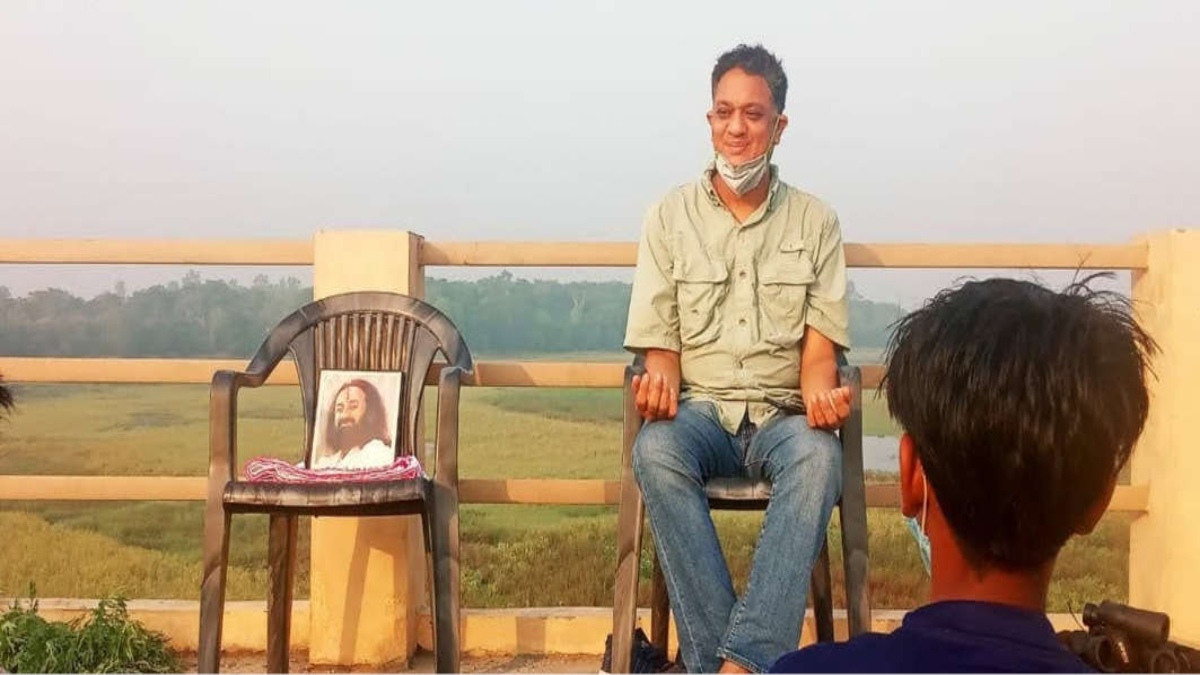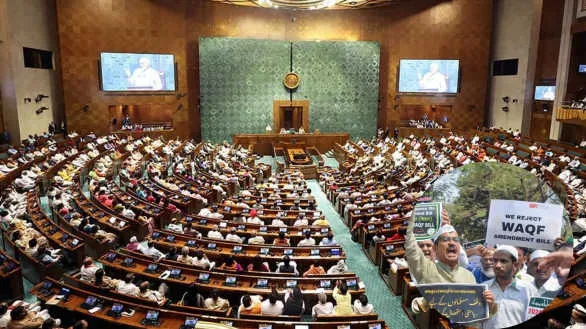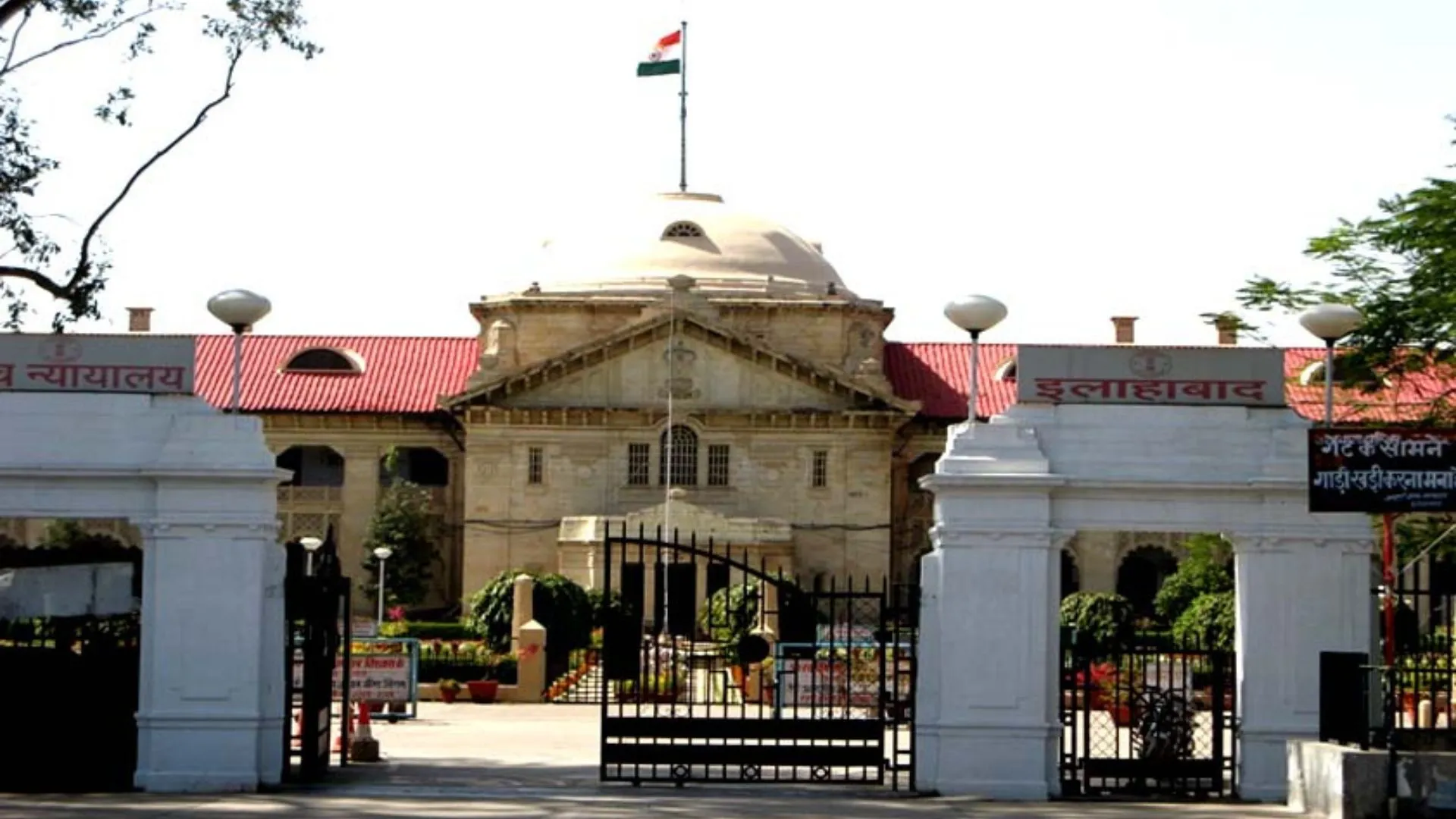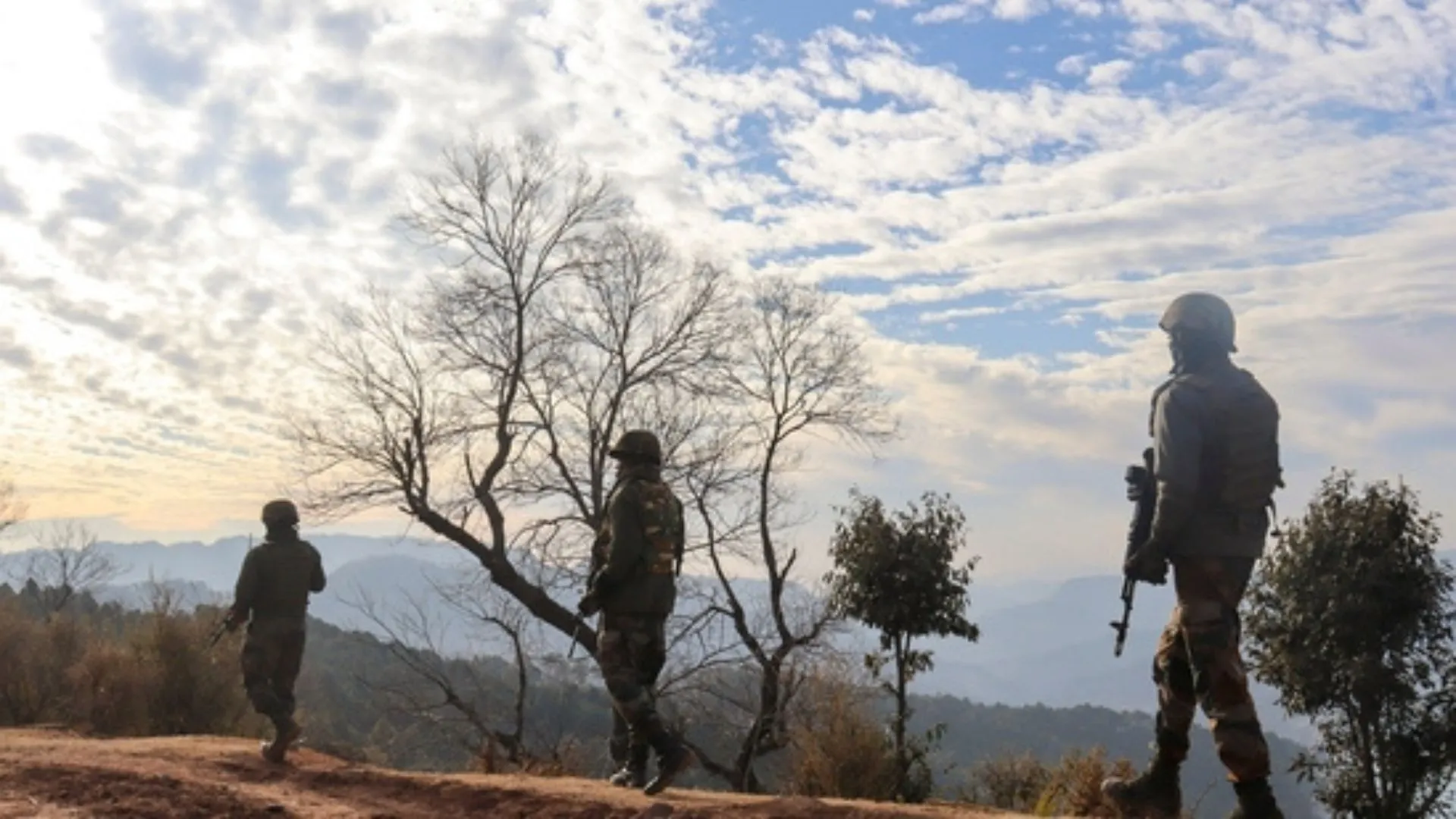Bird enthusiast Ashish Loya, in an interview with The Daily Guardian, tells how his childhood hobby of birdwatching turned into a purpose to conserve and protect Haiderpur Wetland with the support of locals and authorities. Excerpts:

 Ashish Loya all set to shoot.
Ashish Loya all set to shoot.

Q. What sparked your interest in birdwatching which later made you rigorously document and record various species of birds?
A. Birdwatching was my childhood hobby which began from 6th grade. I used to regularly indulge in birdwatching during my school and college days and also visit Bharatpur every year. But then it took a backseat during my life in New York. Years later when I came to Bijnor for Art of Living work, the flocks of Painted Storks and Bar-headed Geese on Ganga Barrage attracted my attention. Out of curiosity I started exploring the area and was stunned to find thousands of migratory waterfowls. This revived my hobby and I started birding regularly here since 2015. I understood the importance of this area and wanted it to be conserved. I started preparing checklists regularly and uploading on eBird, documenting my findings, hoping that it will attract the attention of the right people.
Q. What can a birdwatcher absorb and learn from spending time at Haiderpur Wetland?
A. Birdwatchers can see a diverse and large number of species in pristine undisturbed habitat. Some are not found so easily elsewhere, like the White-tailed Eagle. Greylag Goose flock is estimated to be the largest in the country. There is a watch-tower, beautiful and strategically located viewpoints and 15km of walking and cycling trails, all of which makes this an unforgettable experience. There are many undiscovered secrets here which they can unravel.
Q. You have been instrumental in conservation efforts to turn Haiderpur Wetland into an attractive abode for native and migratory birds and work is underway for it to be made a Ramsar site. Would you like to throw light on your contribution?
A. For a site to be declared a Ramsar site, it needs to satisfy at least 1 of the 10 criteria laid out. My reports, observations, documents, photos and videos have helped establish that Haiderpur Wetland meets 5 out of the 10 criteria, making for a very strong case. When I first started birdwatching here, I immediately recognised the importance of this place as an important site on the central Asian flyway. I started making a checklist and also uploading it on Ebird. I have created a checklist of 280 species.
I have spotted some very rare species like Penduline Tit, White-tailed Eagle, Bristled Grassbird, and Indian Skimmers which helps to satisfy the Ramsar criteria. My videos and pictures have documented the presence of >1% population of Greylag Goose, Ferruginous ducks etc which is another Ramsar criteria. I was also the first to record 145 swamp deers and otters, which suggests that the wetland supports other endangered forms of wildlife as well. I have observed the breeding behaviour of Bristled Grassbird here, establishing that species depend on this wetland during critical phases of their lifecycle.
I have also conducted bird counts, as part of Asian waterfowl census, national bird count etc and helped tabulate over 27000 migratory birds here. For Ramsar site declaration, we need to have 20000 waterbirds.
I shared my findings with the forest department and made them realise the importance of this place. My pictures and videos awakened administration to the richness of biodiversity here and have been valuable evidence to establish the case for Ramsar site declaration.
Q. What can be done to encourage more children to care about wildlife, engage in bird watching as well as conservation initiatives?
A. I believe children need to be exposed to birdwatching through some programs, like the Art of Living children’s program. They have a natural affinity for nature and can easily take up birdwatching, as it stimulates their curiosity. They are by nature very curious. For the first few times, we need to take them on guided trips, encourage them to find and discover nature. Today’s children are just not exposed to nature so much. I think parents should expose themselves and their children more to nature.
Q. Do you believe that initiatives like organising Haiderpur Wetland Birdwatching Festival will help to draw more visitors and put Haiderpur Wetland on the environmental tourism map?
A. Surely as the festival creates a buzz in the media, it helps popularise the place and brings like-minded people together viz conservationists, nature lovers, experts and newcomers together who learn from each other.
Q. Will Haiderpur wetland’s conservation and promotion of ecotourism create more livelihood opportunities for locals?
A. Yes, it will and it already has. I have trained a few youngsters in birdwatching who can act as nature guides. There is a boat safari on the Ganga river which is generating income for local boatmen. There are a lot of opportunities to develop homestays, tours, local handicraft for tourists and more.
Q. What is being done to increase the awareness of locals about conservation practices?
A. Forest Department is having regular meetings and workshops for the local community. Art of Living programs are also helping in reaching out to the area’s youth and spreading the message of conservation. Also, I provide regular updates to local media on important sightings and developments at the wetland which also helps in increasing the awareness of the locals.
Q. Is wetland conservation an even greater priority owing to climate change?
A. Wetlands are a valuable part of ecosystems, economic activity as well as social and cultural life. Many species depend on them for their survival. We need to make people aware of the fact that a healthy wetland means a healthy planet.























